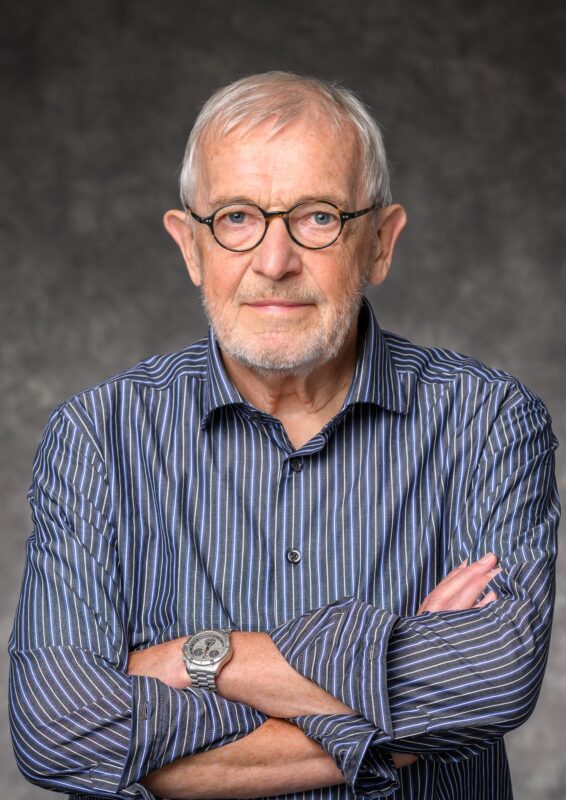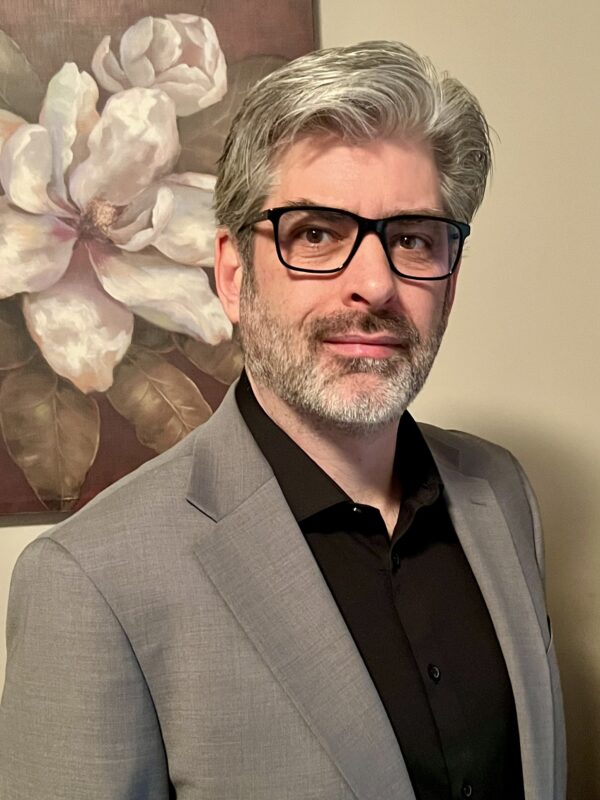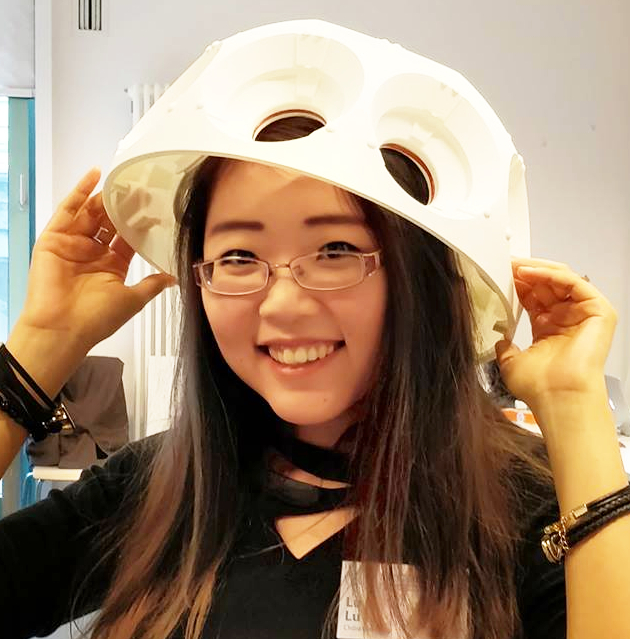
Ke Fang
Ke Fang is an assistant professor in the Department of Physics at the University of Wisconsin–Madison. Her research focuses on understanding the Universe through its energetic messengers, including ultra-high-energy cosmic rays, gamma rays, and high-energy neutrinos. She runs numerical simulations to study theories of astroparticle sources and analyzes data from HAWC, Fermi-LAT, and IceCube. Fang obtained her Ph.D. in astrophysics from the University of Chicago in 2015. After that, she she held a Joint Space-Science Institute (JSI) fellowship jointly at the University of Maryland and the NASA Goddard Space Flight Center, from 2015 to 2018, and a NASA Einstein fellowship at Stanford University from 2018 to 2020.
View profile





